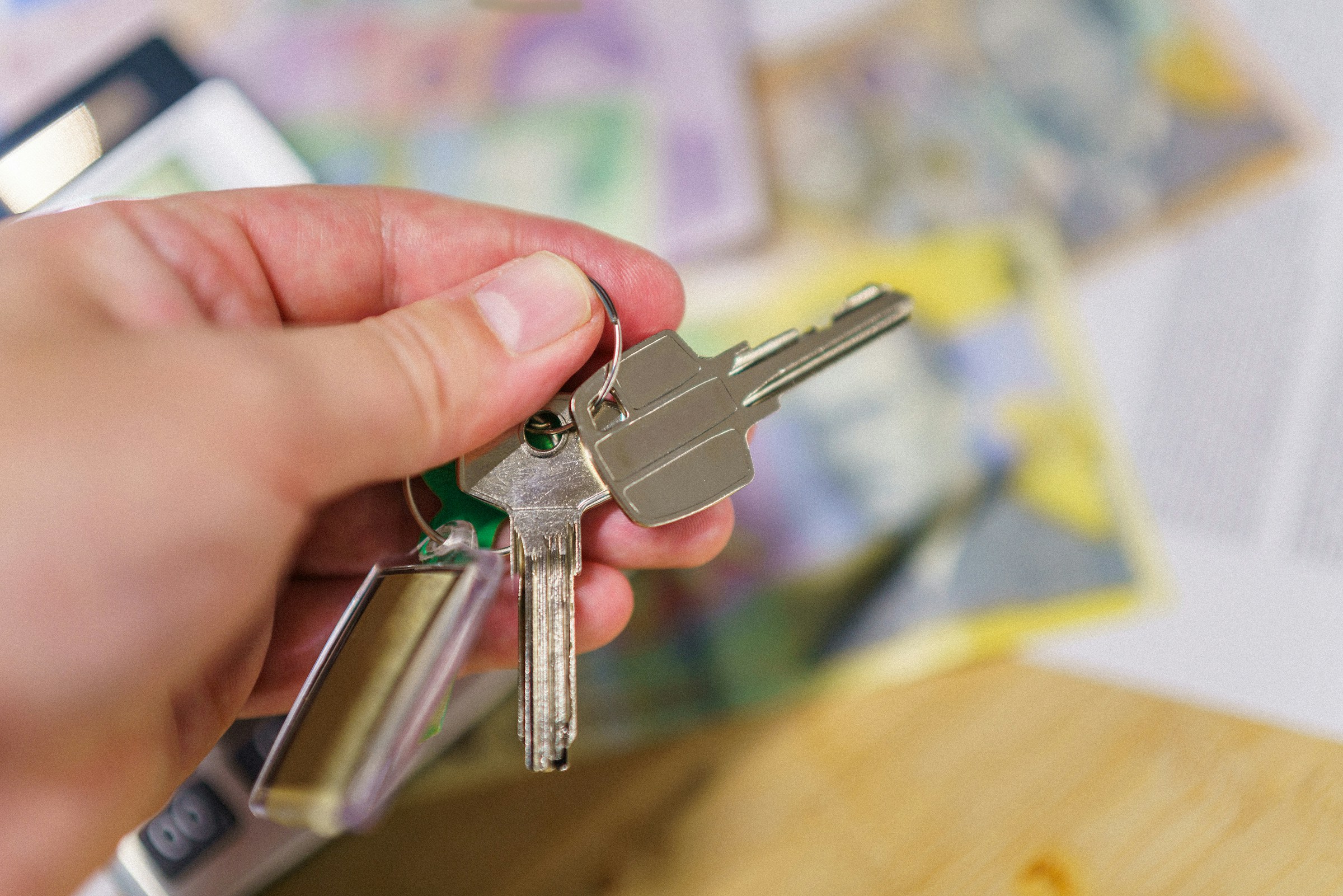The decision to buy a second property is a significant milestone, one that invariably presents an array of challenges and opportunities. The financial implications, coupled with understanding the intricacies of the property market, make the process complex and require careful consideration. As property owners, you are well-versed with the rigours of buying a house. Yet, when it comes to buying a second house in the UK, things get more complicated, primarily due to the need for a second mortgage. This article aims to decode the complexity and provide you with an in-depth guide to help you navigate the process of securing a second mortgage for your additional property investment.
Assessing Financial Capability
Before diving deep into the world of mortgages, it’s important for you to assess your financial capabilities. Can you afford a second mortgage? And, more importantly, is it wise to do so in the current market conditions? Owning a second property, whether for investment purposes or as a holiday home, comes with its own set of costs. So, it’s essential to have a clear understanding of your financial standing.
Lire également : How can UK landlords effectively manage property maintenance to reduce overall costs?
Mortgage Affordability
Most mortgage companies will scrutinise your income and outgoings to evaluate whether you can afford the second mortgage repayments. They will consider your existing mortgage, along with other financial commitments such as car loans, credit card payments, and living expenses.
Impact On Credit Score
Your credit score is a key factor lenders consider when deciding whether to approve a mortgage. Taking on a second mortgage will impact your credit score. Therefore, it’s important to consider how a second mortgage application might affect your future borrowing abilities.
A lire aussi : What are the latest innovations in property management technology for UK real estate?
Understanding the Tax Implication
The tax implications of buying a second property in the UK are complex and often misunderstood. The most significant tax that you need to consider when buying a second property is stamp duty.
Stamp Duty Land Tax
If you’re buying a second home, you’ll have to pay an extra 3% in Stamp Duty Land Tax (SDLT) on top of the standard SDLT rates for the property price. For instance, if the second property you are buying is worth £300,000, you’ll need to pay an additional £9,000 in SDLT.
Income Tax
If you plan to rent out your second property, you will need to consider the income tax implications. The rental income you receive will be subject to income tax, and you will need to declare this income on your self-assessment tax return.
Navigating the Mortgage Market
The mortgage market can be a maze, with a multitude of products and rates available. It’s important for you to understand the market and make informed decisions.
Fixed or Variable rate Mortgages
Fixed-rate mortgages provide the security of knowing exactly what your mortgage repayments will be for a certain period. Variable rate mortgages, on the other hand, can go up or down, depending on the Bank of England base rate.
Interest-only or Repayment Mortgages
With an interest-only mortgage, you only pay the interest on the mortgage each month. This means your monthly payments will be lower, but you will need to pay off the mortgage in full at the end of the term. On the other hand, with a repayment mortgage, you pay off the interest and some of the capital borrowed each month.
Choosing the Right Mortgage Provider
Choosing the right mortgage provider is a crucial aspect of securing a second mortgage.
Independent Financial Advisor
An independent financial advisor (IFA) can help guide you through the process of securing a second mortgage. They will have access to a larger range of mortgage products than you can find on your own, and will be able to advise you on the best option for your circumstances.
Mortgage Broker
Alternatively, you can choose to work with a mortgage broker. Mortgage brokers have a wide understanding of the mortgage market and can provide guidance on the best mortgage products for you. They can also negotiate with lenders on your behalf to secure the best mortgage rates.
In conclusion, the journey to securing a second mortgage for additional property investment requires careful planning and execution. From assessing your financial capabilities to understanding tax implications, navigating the mortgage market, and choosing the right mortgage provider, each step is crucial in ensuring your second property investment is a successful venture.
Considering the Structure of Property Ownership
The structure of property ownership can significantly influence your financial obligations, particularly concerning taxation. Therefore, it’s crucial to understand the different types of ownership structures and choose the most suitable for your situation.
Individual Ownership
Owning the second property as an individual is the simplest form of ownership. If you choose this route, you will be personally liable for any stamp duty, capital gains and income tax on the property. You will also be personally liable for the mortgage repayments.
Joint Ownership
If you’re purchasing the property with another individual, such as a spouse or business partner, you could consider joint ownership. In the case of joint ownership, both parties are equally responsible for the mortgage repayments and any resulting tax obligations.
Limited Company Ownership
Another option is to buy the property through a limited company. This can be advantageous if you’re planning to accumulate a portfolio of properties. Limited companies pay corporation tax instead of income tax, which could potentially be a lower rate. However, setting up and running a company comes with its own costs and responsibilities.
Evaluating the Current State of the Property Market
Before taking the plunge and securing a second mortgage, you also need to consider the current state of the property market.
Buying Property in a Seller’s Market
In a seller’s market, demand for property outstrips supply. This means prices are generally higher, and you might face competition from other buyers. In such a scenario, it’s critical to have your finances in order to act quickly when you find a property you wish to purchase.
Buying Property in a Buyer’s Market
Conversely, a buyer’s market is characterised by an abundance of properties for sale and fewer buyers. This scenario can provide an opportunity to negotiate a better property price, potentially allowing you to get more value for your money.
Housing Market Trends
Understanding current housing market trends can also help you make an informed decision. Look at property price trends, interest rates, rental income potential, and predictions for future growth in the area you’re considering.
Conclusion
Securing a second mortgage for additional property investment is not a decision to be taken lightly. Thoroughly assessing your financial capability, understanding the tax implications, navigating the complicated mortgage market, choosing the right mortgage provider, considering the structure of property ownership, and evaluating the current state of the property market are all critical factors in making this decision. While the process may seem daunting, remember that each step you take brings you closer to expanding your property portfolio and potentially increasing your wealth. Therefore, take your time, do your research, and don’t hesitate to seek professional advice when needed. Here’s to your success in the world of property investment!






